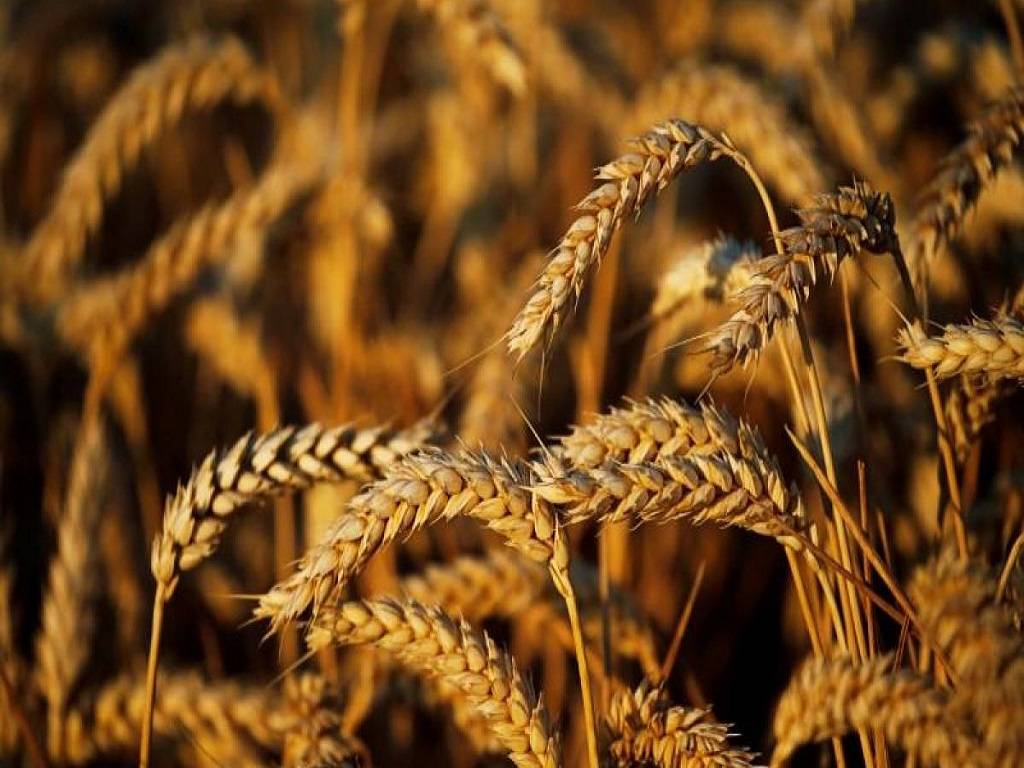
The price of wheat has increased by 4% in the past week, and with the festival season starting in mid-September, demand is projected to increase further despite the government claiming that the country has sufficient stocks.
The Department of Food and Public Distribution of the central government issued a statement on Sunday denying some reports that claimed India was planning to import wheat, claiming the nation already has enough wheat on hand to meet its domestic needs as well as the needs of the public distribution system.
Last week, north India saw a rise in mill grade wheat prices of Rs 1/kg, with prices now ranging from Rs 24 to Rs 25/kg. According to Navneet Chitlangia, vice president of the Roller Flour Mills Federation of India (RFMFI), "heavy rainfall in the region inhibits movement of wheat and the unwillingness of the stockists, who want higher prices, resulting in prices rising upward".
"The demand for flour is now low. However, because the bulk of customers' festival season purchases are set to start on September 10, prices are likely to rise much further "Chitlangia added.
The government has estimated that 106.84 million tonnes of wheat will be produced in 2021–22, according to its fourth advance estimate released this month. However, a substantial percentage of the industry does not believe this statistic.
"The amount of crops the government is reporting to us seems excessive. It does not match. Why is wheat trading at this price on the market if the official numbers are accurate? It should be far lower, "asked to remain anonymous, a senior executive of a major commodity trading company stated.
In the absence of any other mechanism to know correct production figures, the trade and industry believe that India's 2021-22 wheat crop could be between 90 million tonnes to 94 million tonnes.
"Wheat prices in India are rising because there is a mismatch between demand and supply," wheat exporter Rajesh Jain Paharia said.
When it became clear that the heat wave had a negative effect on wheat output, India banned the export of wheat in May and then placed limitations on the export of wheat-based goods like atta and maida, which temporarily reduced prices.
The market now believes that the government may gradually utilize other tools of price control, such as the reduction of import duties and voluntary stock disclosure.
Since local prices are substantially higher than the landed price of imported wheat, traders claim that abolishing the import duty on wheat would not be beneficial in the near future.
Wheat prices have begun to decline globally, leading the market to assume that if the duty is removed, there may be some import parity after Diwali.
















